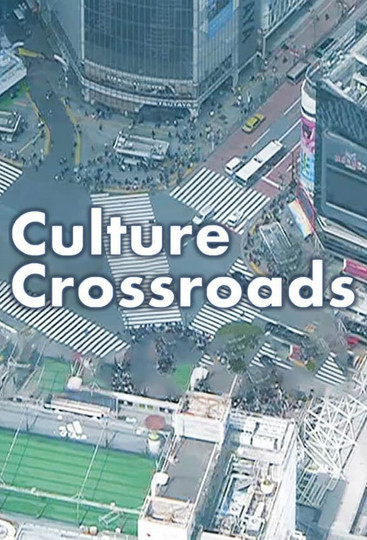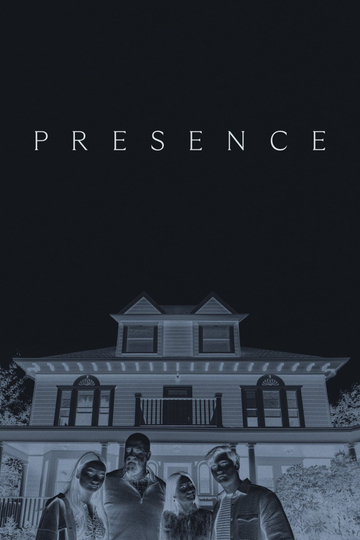Season 3 Episodes
1. BOSAI: Be Prepared - Evacuation Shelters
When homes are lost or when danger comes, community-run evacuation centers are there. But who's eligible? What about provisions? And what are the rules? We'll take a closer look to find the answers.
2. BOSAI: Be Prepared - Learning from the Great Hanshin-Awaji Earthquake
A 1995 earthquake caused widescale destruction across Japan's Kansai region, resulting in the creation of a small broadcast FM station. We examine the role of such local broadcast systems.
3. BOSAI: Be Prepared - At-home Evacuation
In a disaster, with concerns over infectious disease or personal privacy, at-home evacuation is a consideration. We look at how to prepare your home and what supplies you need to have on hand.
4. Flowers Will Bloom Beyond Borders
In the wake of the 2011 Great East Japan Earthquake, the song "Flowers Will Bloom" was created in support of those affected by the disaster. Now, 10 years later, it is reborn in 11 languages with performances by artists such as May J., Ono Lisa, and Morisaki Win who generously offered their voices. Can the song carry its prayer of hope across the globe? Join us as we learn the story behind the song's inception, look at the disaster area today, and introduce messages from around the world.
5. BOSAI: Be Prepared - Information & Communication
When disaster strikes, finding accurate information can be difficult. We'll show you how foreign residents of Japan can swiftly and easily access vital information avoiding rumor and inaccuracy.
6. Dr. ISO's Pandemic History, Info & Tips: Naming of Diseases in the Edo Period
During the Edo period (1603-1868), many infections were named after something popular at that time, for instance songs or a sumo wrestler. Dr. ISO introduces distinctive cases.
7. BOSAI: Be Prepared - Learning from the Great East Japan Earthquake
[Later retitled to "Learning from 311".] The earthquake, tsunami and resulting nuclear accident of 2011 caused unprecedented damage. We have an in-depth discussion with foreign residents of Japan on their feelings and actions at the time.
8. Flowers Will Bloom: The Stories Behind the Song
Ten years after the Great East Japan Earthquake, NHK's song for recovery "Flowers Will Bloom" is reborn in 11 languages, thanks to artists from around the world. Following "Flowers Will Bloom Beyond Borders," aired in February, this program offers insight on the performers' memories of the disaster, their feelings about the song, as well as the unexpected positive impact it had on people in Syria.
9. Helping People in Need
This episode looks at the situation in Japan today as glimpsed through the activities of long-term resident Haroon Qureshi from Pakistan. As Secretary General of one of Tokyo's several mosques, he offers a helping hand to the homeless and poor regardless of race or creed, including those hit hard by the COVID-19 pandemic. His compassionate attitude has engaged the hearts of young Japanese.
10. What We Can Do for Myanmar
Almost 5 months after the coup in Myanmar, the turmoil is ongoing across the country. Hoping to help Myanmar's citizens, people in Japan started aid projects. From university students conducting weekly street-side fundraising to a woman setting up a "babysitting for Myanmar" service, and an entrepreneur promoting free trade by importing Myanmar coffee, we look at this grassroots-level form of support.
11. BOSAI: Be Prepared - Flood and Rainstorm Simulations
Water has great power in rainstorm, typhoon and flood conditions. We introduce the dangers of walking in running water and provide hints on how to escape when you are trapped in buildings or cars.
12. Learning Japanese to Fulfill Our Dreams
In Japan, around 50,000 children with foreign roots have limited Japanese skills and find it difficult to understand regular school lessons and adapt to them. A "free school" founded by an NPO in the suburbs of Tokyo caters for such children wanting to enter high school. What support is required to make their wish come true?
13. BOSAI: Be Prepared - Protecting against Heat Illness
Summer in Japan is seriously hot. Both the temperature and the humidity rise very high, leading to the risk of heat illness. This episode introduces in detail how to recognize, treat and avoid it.
14. Five Years of Kurdish Youths in Tokyo: An Interview with Director Hyuga Fumiari
A documentary released in 2021 is based on 5 years of interviews with young Turkish Kurds who have grown up in Japan. Their repeated applications to obtain refugee status have failed, making it hard for their dreams of higher education and employment to come true. Director Hyuga Fumiari shares his thoughts on producing "TOKYO KURDS" and explains how it has affected his view of Japan today.
15. BOSAI: Be Prepared - Evacuation Camping Experience at Home
Municipalities provide evacuation centers for natural disasters of level 4 or higher. A home camping simulation includes useful advice on bedding, toilets and emergency food preparation.
16. BOSAI: Be Prepared - First Aid
Major disasters can cause many injuries, and it may be difficult to get an ambulance to come as fast as usual. We introduce effective first aid for fractures, bleeding and cease of respiration.
17. Dreaming of a Unified World
We meet Peru-born entrepreneur Okamura Albert. From his unique life experiences that include work at the Tokyo Regional Immigration Services Bureau came the wish to provide support to foreign nationals in Japan. He founded a firm that helps them with complicated procedures related to life in Japan, such as obtaining a visa status. His long-term goal is to foster a society all can share, regardless of nationality.
18. BOSAI: Be Prepared - When Getting Home Is Hard After an Urban Earthquake
When a major natural disaster occurs, public transportation may stop, making it hard for commuters to get home. We will learn how we should act, based on the measures taken by Shibuya City in Tokyo.
19. BOSAI: Be Prepared - Preparing an Emergency Backpack
It's a good idea to prepare an emergency backpack for use after a natural disaster. An expert advises us on what and how much to pack, and where to keep it at home ready for immediate access.
20. Ten Years Together But Not in Law
Japan has yet to officially recognize same-sex marriage. For binational spouses, this makes things even harder. We examine the issue from the perspectives of a Japanese-American gay couple kept apart by entry restrictions in Japan, and 2 women living together in Kyoto Prefecture - one US-born and the other Japanese - who wish to have kids but are worried because their marriage isn't recognized.



























